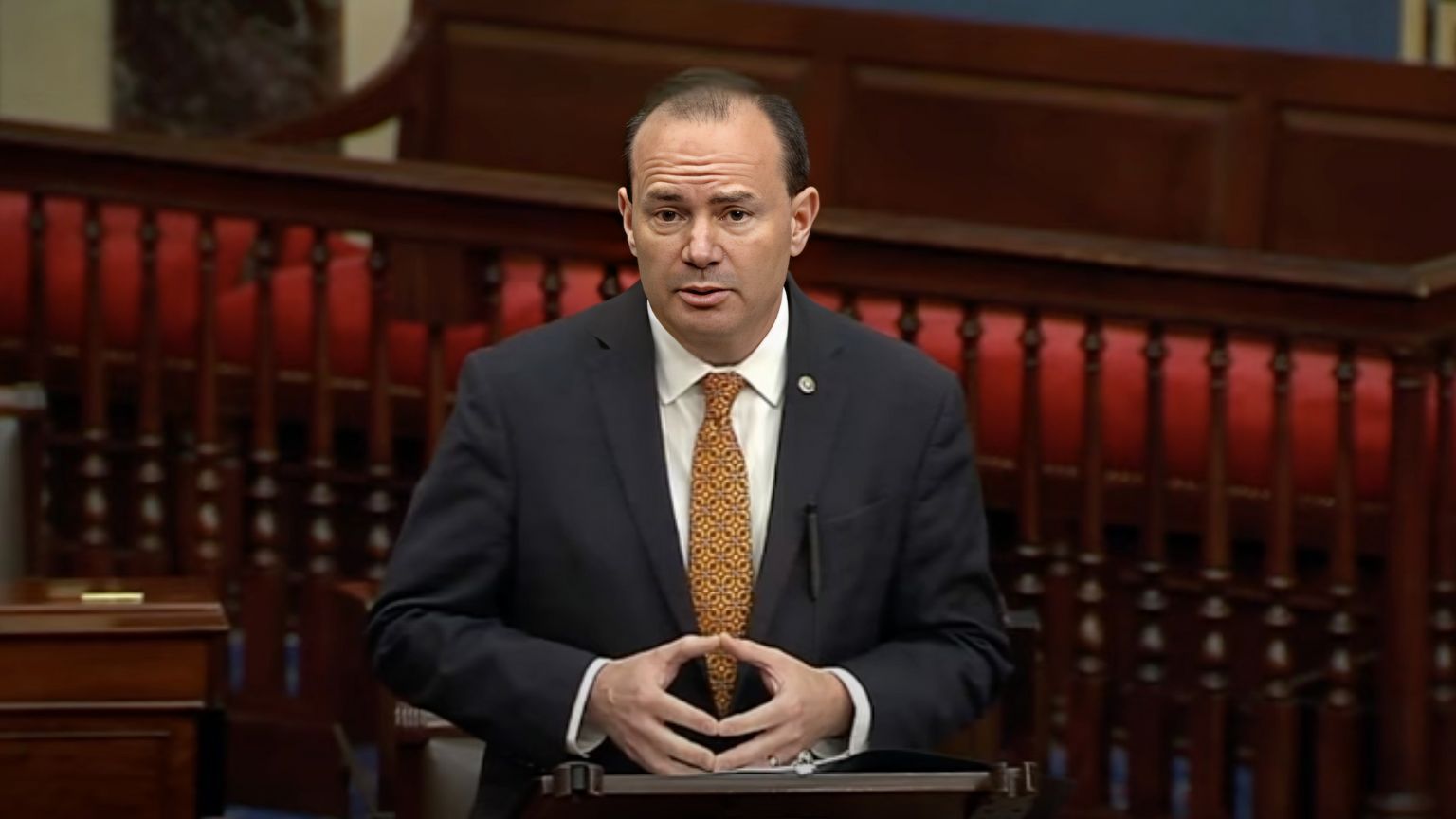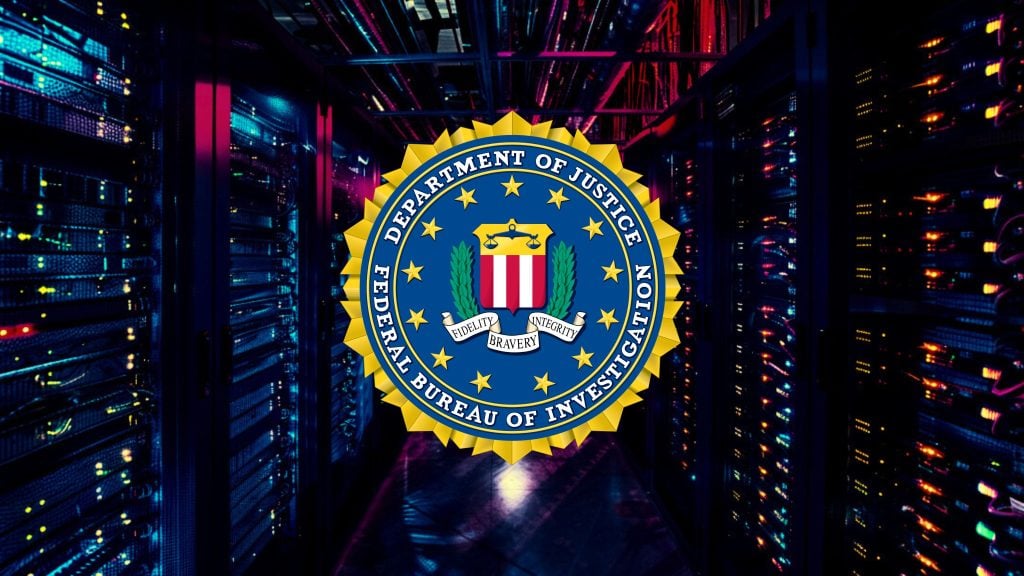Sen. Mike Lee (R-UT) has introduced two bills aimed at online pornography. One of the bills could effectively strip online pornography of First Amendment protections, and the other requires websites to employ age-verification tools.
The Internet Obscenity Definition Act (IODA) would “establish a national definition of obscenity.” Current laws do not define obscenity.
We obtained a copy of the bill for you here.
In 1957, in the Roth v. US case, the Supreme Court ruled that “obscenity is not within the area of constitutionally protected speech or press.” In the 1973 case Miller v. California, the following guidelines for obscenity were given:
- Whether the average person, applying contemporary community standards, would find that the work, taken as a whole, appeals to the prurient interest;
- whether the work depicts or describes, in a patently offensive way, sexual conduct specifically defined by the applicable state law;
- and whether the work, taken as a whole, lacks serious literary, artistic, political, or scientific value.
Lee’s bill would define obscenity as content that:
- Is taken as a whole, appeals to the prurient interest in nudity, sex, or excretion;
- depicts, describes, or represents actual or simulated sexual acts with the objective intent to arouse, titillate, or gratify the sexual desires of a person;
- and taken as a whole, lacks serious literary, artistic, political, or scientific values
Lee also introduced the Shielding Children’s Retinas from Egregious Exposure on the Net (SCREEN) Act, which would require commercial porn sites to implement age-verification technology to prevent children from accessing adult content.
We obtained a copy of the bill for you here.
“Every day, we’re learning more about the negative psychological effects pornography has on minors,” Lee said in a statement. “Given the alarming rate of teenage exposure to pornography, I believe the government must act quickly to enact protections that have a real chance of surviving First Amendment scrutiny. We require age verification at brick-and-mortar shops. Why shouldn’t we require it online?”














